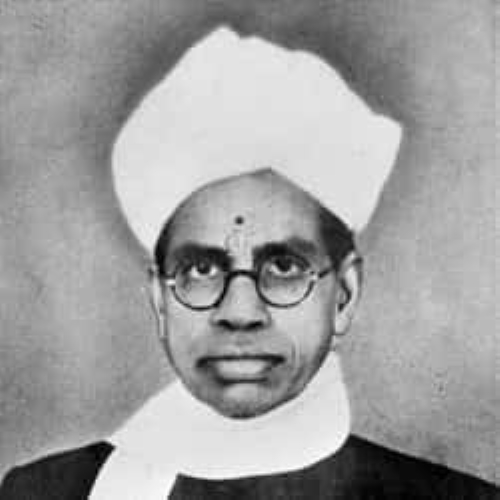Early Life
Alladi Krishnaswamy Ayyar was born on 14th May 1883 in Pudur village, Andhra Pradesh. He studied history at Madras Christian College and obtained a B.L. degree after attending classes during his free time. During his time at Madras Christian College, he was appointed as a tutor of history after exhibiting great competence.
He became a prominent member of the Bar and was appointed as the Advocate-General of Madras State from 1929 to 1944 at the age of 45. He was also made the Dewan Bahadur in 1930. In 1932 he got knighted in the New Year Honours List. However, he surrendered the Knighthood. He was a renowned jurist and was appointed to the Government of India Committee to amend the law of Partnership and Sale of Goods 1929. Ayyar was very encouraging of new lawyers, and he kept his library open for anyone to access.
Role in India’s Independence Movement
Ayyar did not have an active political career and was not involved in India’s freedom struggle. He was a full-time advocate when he was appointed to the Constituent Assembly.
Contribution to Constitution Making
Ayyar was elected to the Constituent Assembly from Madras province from a Congress party ticket. In the Assembly, he played a critical role and was part of nine Committees including the Drafting Committee, Advisory Committee, and the Sub-Committee on Fundamental Rights. He made important interventions in the debates on citizenship, fundamental rights, and the proclamation of emergency.
Later Contributions
After his tenure at the Constituent Assembly, he retired from public life.
Ayyar died on 3rd October 1953.
Alladi Kuppuswami, son of Alladi Krishnaswamy Ayyar, instituted ‘The Alladi Memorial Trust’ in 1983 in honour of the birth centenary of his father. This trust conducts lectures on topics relating to Constitutional law.
- Ayyar made important interventions while discussing citizenship provisions, explaining to the Assembly the different choices before them and the pros and cons of each.
- He argued for restrictions to Article 19, stating that freedom should be contingent on State security.
- Taking examples from American history, he defended the Indian President’s emergency powers under the Draft Constitution.
- A Statesman Among Jurists by Alladi Kuppuswami (Bombay : Bharatiya Vidya Bhavan, 1993).
- Legal Luminary by V.S. Ravi (The Hindu, 2003)

